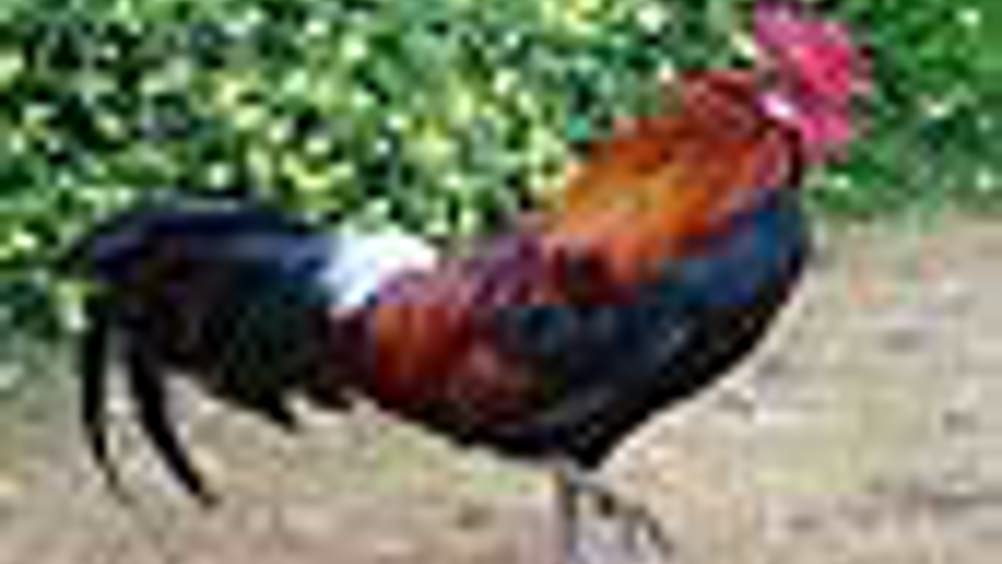Avian alert

Low-cost, disposable bio-sensors designed to allow on-the-spot detection of outbreaks of bird flu are being developed by engineers in Cambridge.
The BiMAT bio-sensor technology would allow doctors or vets to instantly analyse small amounts of blood from humans, animals or birds, removing the need for samples to be sent to a laboratory for analysis, claimed researchers working on the project.
Early detection of bird flu is seen as vital for effectively containing outbreaks through measures such as culls or quarantine, especially in remote locations. BiMAT is under development at The Centre for Advanced Photonics and Electronics (CAPE) at Cambridge University.
Also involved is US nanotechnology specialist Advance Nanotech, an investor in the project. The New York-based company told The Engineer this week that development of BiMAT would be made a priority, given the current climate of concern over avian flu and its now notorious H5N1 variant, which can be fatal in humans. The government’s medical advisers have warned that even if the current feared epidemic fails to materialise, one is inevitable soon.
Register now to continue reading
Thanks for visiting The Engineer. You’ve now reached your monthly limit of premium content. Register for free to unlock unlimited access to all of our premium content, as well as the latest technology news, industry opinion and special reports.
Benefits of registering
-
In-depth insights and coverage of key emerging trends
-
Unrestricted access to special reports throughout the year
-
Daily technology news delivered straight to your inbox










Water Sector Talent Exodus Could Cripple The Sector
Well let´s do a little experiment. My last (10.4.25) half-yearly water/waste water bill from Severn Trent was £98.29. How much does not-for-profit Dŵr...